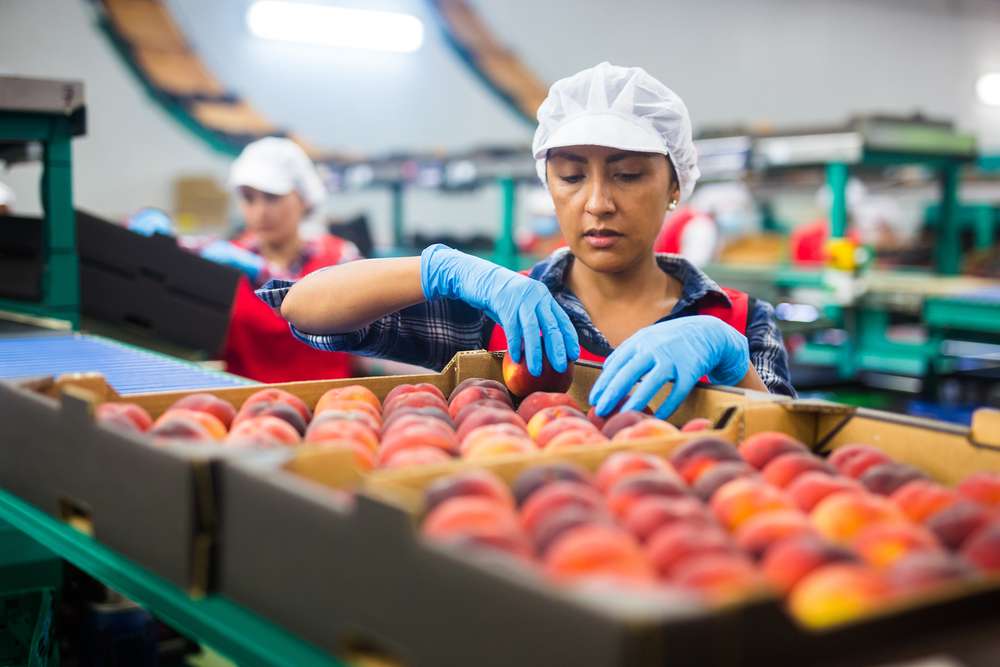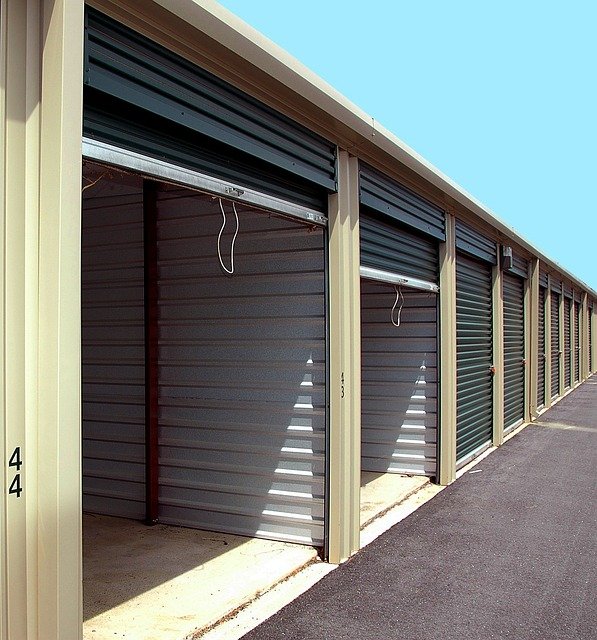Understanding Food Packing Jobs: Opportunities, Benefits, and Career Insights
Food packing jobs play a crucial role in the food industry, ensuring products are safely packaged and ready for distribution. This article explores the various aspects of food packing jobs, including their benefits, salary expectations, and notable employers in the field.

The food industry relies heavily on skilled workers to maintain quality standards and meet consumer demand. Food packing positions represent a significant portion of this workforce, providing employment opportunities for individuals with diverse backgrounds and experience levels. These roles involve preparing, packaging, and labelling food products according to strict hygiene and safety regulations, making them essential to the smooth operation of food production and distribution networks across the United Kingdom.
What Exactly Are Food Packing Jobs?
Food packing jobs encompass a range of responsibilities centred around preparing food items for distribution and sale. Workers in these positions typically handle tasks such as weighing and measuring products, placing items into containers or packaging materials, sealing packages, applying labels, and conducting quality checks. The work environment varies depending on the employer, ranging from large-scale manufacturing facilities to smaller processing plants. These positions often require standing for extended periods and performing repetitive tasks with attention to detail. Food packers must adhere to stringent food safety standards, including wearing protective clothing, maintaining clean workspaces, and following proper handling procedures to prevent contamination. The role demands reliability, consistency, and the ability to work efficiently within production schedules.
What Skills Are Required for Food Packing Jobs?
While many food packing positions are entry-level and require minimal prior experience, certain skills enhance your effectiveness and employability in these roles. Manual dexterity and hand-eye coordination are valuable for handling products carefully and operating packaging equipment. Basic numeracy skills help with counting, weighing, and recording quantities accurately. The ability to follow written and verbal instructions precisely ensures compliance with safety protocols and production standards. Physical stamina is important, as the work often involves standing, lifting, and repetitive movements throughout shifts. Attention to detail helps identify defects or quality issues before products leave the facility. Teamwork skills are beneficial since food packing typically occurs in collaborative environments where coordination with colleagues maintains workflow efficiency. Some employers may provide on-the-job training for specific machinery or processes, making these positions accessible to those willing to learn.
What Are the Benefits of Part-Time Food Packing Jobs?
Part-time food packing positions offer several advantages for workers seeking flexible employment arrangements. These roles often accommodate varying schedules, making them suitable for students, parents with childcare responsibilities, or individuals balancing multiple commitments. Part-time work provides an opportunity to gain industry experience and develop transferable skills without the commitment of full-time employment. Many food production facilities operate extended hours or shifts, creating availability for evening or weekend work that fits around other obligations. Part-time positions can serve as stepping stones to full-time roles or supervisory positions within the same organization. Workers gain practical knowledge of food safety regulations, quality control processes, and operational procedures that apply across the food industry. The social aspect of working alongside colleagues can provide networking opportunities and workplace relationships. For those exploring career options or returning to the workforce after time away, part-time food packing jobs offer a low-barrier entry point with practical, hands-on experience.
What Can One Expect in Terms of Food Packing Salaries?
Compensation for food packing positions varies based on factors such as location, employer size, shift patterns, and individual experience. These roles typically offer hourly wages that reflect the entry-level nature of the work while providing stable income for those seeking employment in the sector. Geographic location within the United Kingdom influences pay rates, with urban areas and regions with higher living costs often offering increased compensation. Shift differentials may apply for evening, night, or weekend work, providing additional earnings for less conventional hours. Some employers offer overtime opportunities during peak production periods, allowing workers to increase their income. Benefits packages may include holiday pay, pension contributions, and employee discounts, though these vary significantly between organizations. Career progression within food production facilities can lead to supervisory or quality control roles with corresponding salary increases. Understanding that compensation structures differ widely across the industry helps set realistic expectations when exploring these employment opportunities.
What Are Some Unique Aspects of Working in Food Packing?
Food packing work presents distinctive characteristics that differentiate it from other employment sectors. The fast-paced nature of production environments creates dynamic workdays where efficiency and speed are consistently emphasized. Workers gain insight into how everyday food products are manufactured, packaged, and prepared for retail distribution, offering behind-the-scenes knowledge of supply chains. The strict hygiene standards required in food handling environments mean workers must maintain high cleanliness levels and follow detailed safety protocols. Seasonal fluctuations in production create periods of increased activity, particularly around holidays or harvest times, which can affect working hours and overtime availability. The multicultural workforce common in food production facilities provides opportunities to interact with colleagues from diverse backgrounds. Temperature-controlled environments, such as cold storage areas or refrigerated packing rooms, require appropriate clothing and adaptation to working conditions. The tangible nature of the work, where you can see the direct results of your efforts in finished products, provides a sense of accomplishment that some find rewarding.
Conclusion
Food packing jobs offer accessible employment opportunities within an essential industry that supports daily life across the United Kingdom. These positions provide practical work experience, flexible scheduling options, and pathways for career development within the food production sector. Understanding the responsibilities, required skills, and working conditions associated with these roles enables informed decision-making for those considering this career path. Whether seeking part-time work to supplement income or exploring entry-level positions in manufacturing, food packing jobs represent a viable option for individuals from various backgrounds and circumstances.




